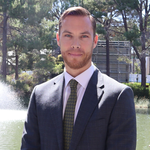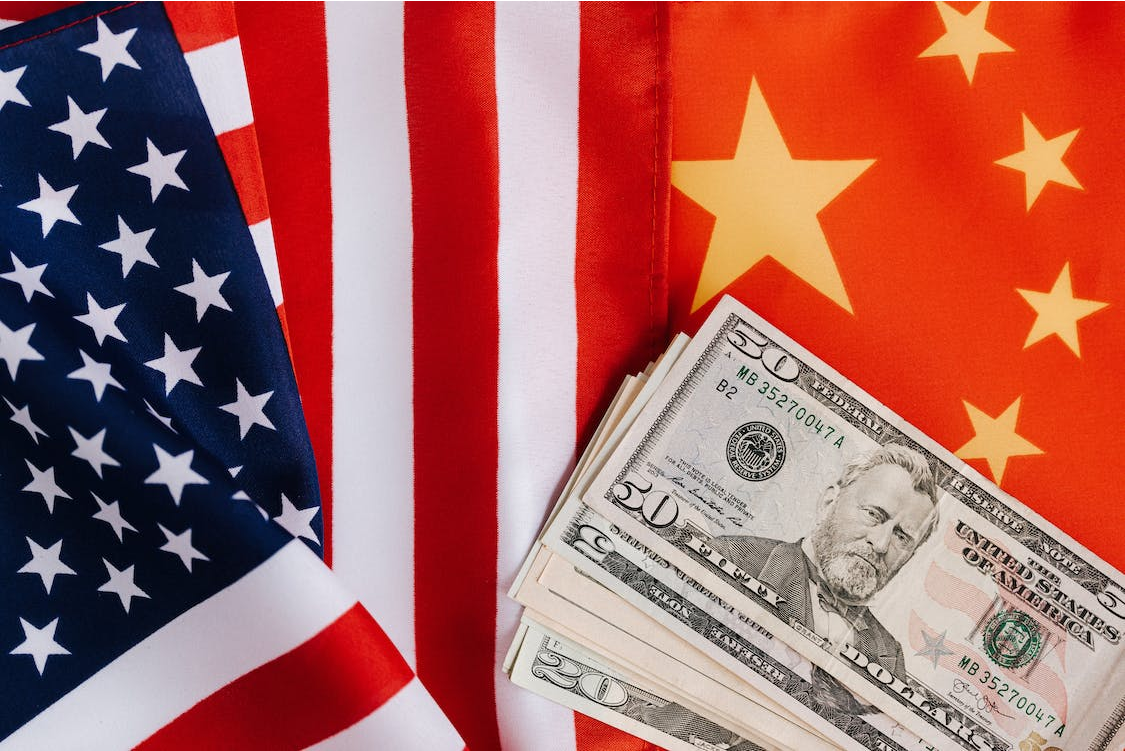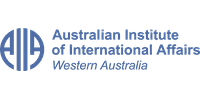Can the Liberal International Economic Order Survive Great Power Politics and Competing Models of Capitalism?
Join us for this partner event with the Forrest Research Foundation, with guest speaker Dr Naoise McDonagh.
Can the rules-based liberal international economic order survive intact when its two largest members are not only engaged in an intense geopolitical rivalry, but represent fundamentally different models of market economy? Realist theory describes how states become concerned with national security vulnerability when peer states gain large increases in wealth, power and influence, resulting in what realists view as an 'inevitable' long-term geopolitical competition between incumbent and rising powers. As such, realism offers an explanation for why the U.S. and China are now competing geopolitically.
Yet, unlike the Cold War to which today's tensions are often compared, the economic context is very different. Rather than separate blocks, the economies of the United States and China are deeply intermeshed, serving vast mutual economic interests, and both are members of the World Trade Organization (WTO). Thus China's rise forces us to consider how geopolitics and economics will interact in the coming decades. In particular, Beijing has become increasingly confident in promulgating its economic model, known as a socialist market economy, while the U.S. has become increasingly critical of this model, due to the view that it creates an unfair economic playing field and creates national security risks.
Drawing on realist theory of state competition, and comparative capitalism theory, this talk seeks to address how security competition and systemic economic rivalry between the U.S. and China are interacting dynamically and driving strategic decoupling. This in turn undermines the long-term viability of the post-war liberal international economic order.
Guests will receive a welcome drink on arrival.
The Ashburton Room, Forrest Hall
21 Hackett Dr., Crawley WA 6009
Crawley, Western Australia, Australia
Show on map
Speaker

Dr Naoise McDonagh
Read Bio
Tickets
- Member Ticket
Doors open at 6:00pm. Presentation begins at 6:30
- Member Price A$10
- Non Member Ticket
Doors open at 6:00pm. Presentation begins at 6:30
- A$20
The Australian Institute of International Affairs for WA
The Australian Institute of International Affairs (AIIA) is an independent, non-profit organisation seeking to promote interest in and understanding of international affairs in Australia.
The WA Branch of the AIIA was founded in 1947 by Professor Fred Alexander of the University of WA, who became its first President. Like the earlier established branches in the other Australian states, the WA Branch was modelled on the British Royal Institute of International Affairs, based at Chatham House in London.
The WA Branch has maintained a steady membership, including many prominent West Australian and national leaders. Successive State Governors have served as the Branch's Official Visitor. The aim of the institute is to be an independent and non-political body that facilitates and encourages the study and debate of international questions.
Membership fees includes a subscription to The Australian Journal of International Affairs as well as two tickets at the member price to each of our our monthly meetings where you will learn about developments in international affairs of concern to the people of Western Australia. We rely on membership contributions and sponsorship of special events to keep our association running: we receive no core funding from government.



